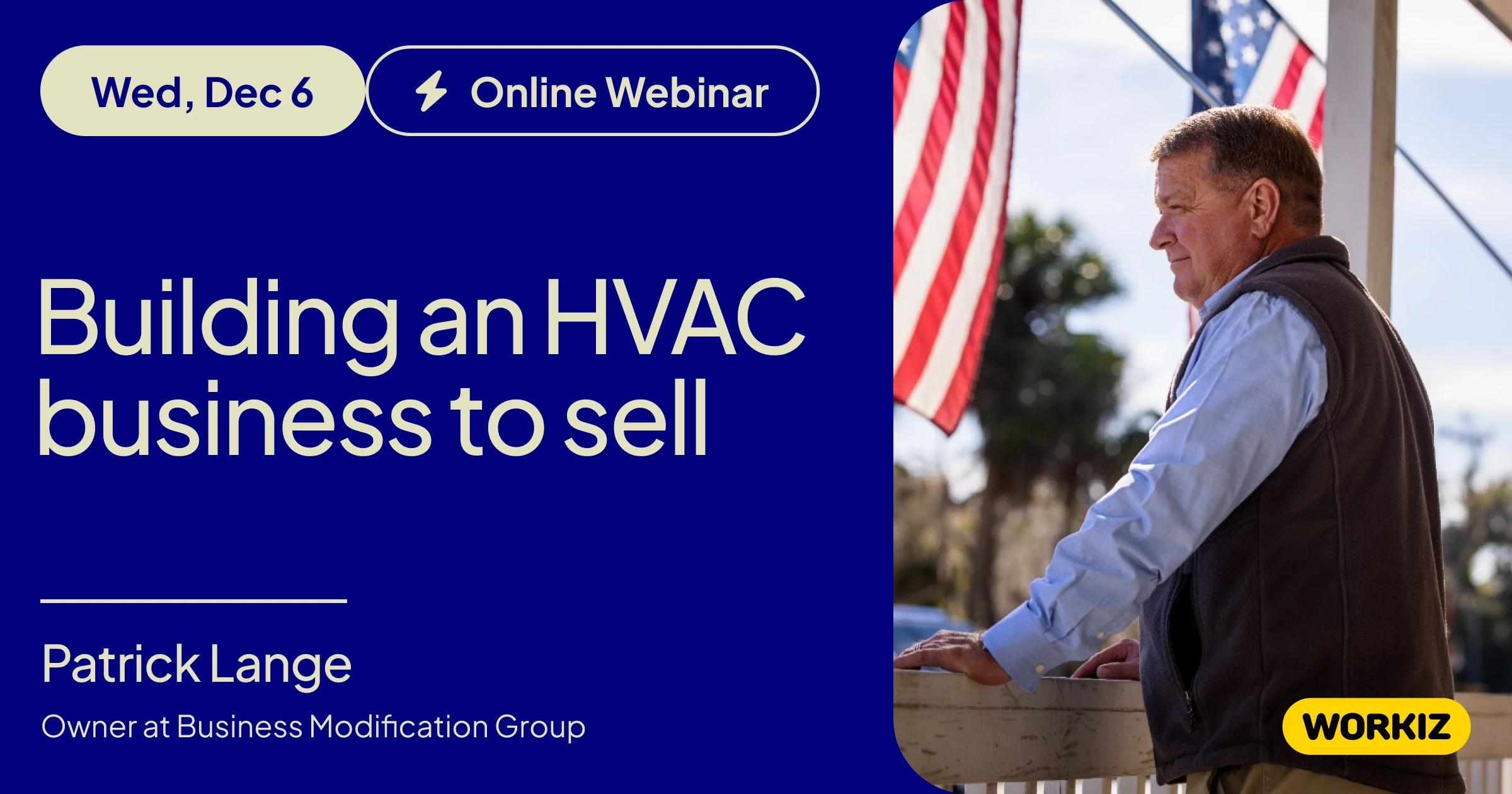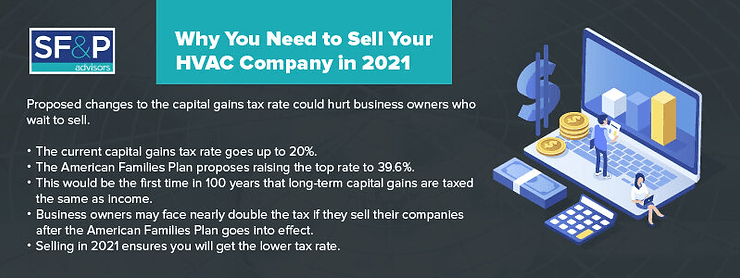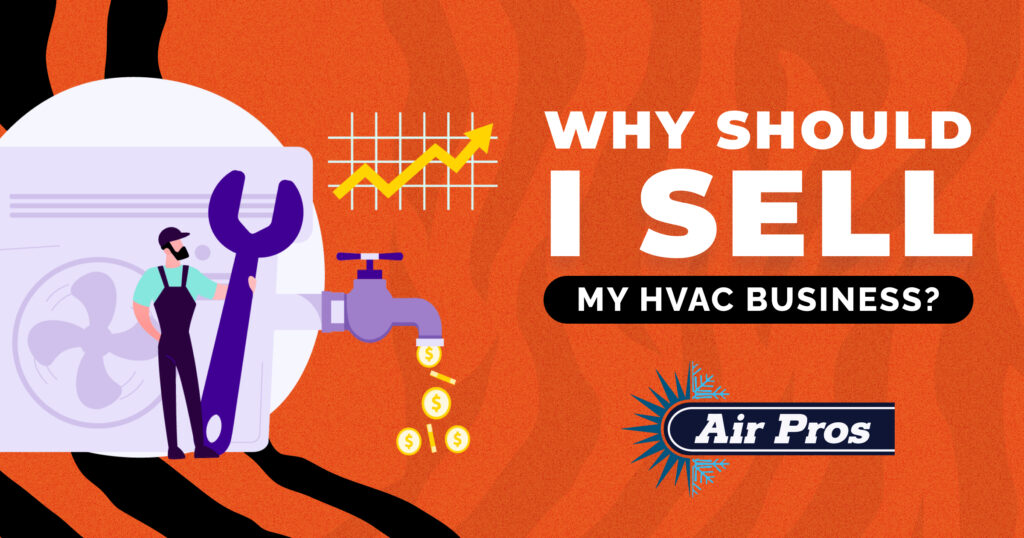How To Sell An Hvac Business

The HVAC industry, a cornerstone of modern comfort and safety, is witnessing a significant wave of business ownership transitions. Decades of hard work, building a loyal customer base, and mastering the intricacies of heating, ventilation, and air conditioning can culminate in a single, pivotal decision: selling the business. But navigating this complex process requires meticulous planning, strategic execution, and a deep understanding of the market dynamics that influence valuation and buyer interest.
This article delves into the essential steps involved in selling an HVAC business, offering insights from industry experts, financial advisors, and successful sellers. From preparing the business for sale and determining its worth to finding the right buyer and negotiating favorable terms, we'll explore the key factors that contribute to a successful transaction. Ultimately, our guide will help you get the most from the years of hard work you have poured into your HVAC business.
Preparing Your HVAC Business for Sale
The foundation of a successful sale lies in thorough preparation. This involves both internal housekeeping and external presentation, ensuring the business is attractive to potential buyers and demonstrates its value proposition effectively. Neglecting this stage can significantly impact the selling price and the time it takes to close the deal.
Financial Due Diligence
Potential buyers will scrutinize your financial records to assess the business's profitability, cash flow, and overall financial health. Clean and accurate financials are paramount. It’s crucial to have at least three to five years of meticulously maintained profit and loss statements, balance sheets, and tax returns.
Consider engaging a certified public accountant (CPA) to conduct a quality of earnings (QOE) assessment. A QOE goes beyond a standard audit, providing a deeper dive into the accuracy and sustainability of the business's earnings. This proactively addresses potential concerns and builds buyer confidence.
Operational Efficiency and Documentation
Streamline your operations to demonstrate efficiency and scalability. Document your key processes, including service procedures, maintenance schedules, and customer relationship management (CRM) protocols.
Buyers will want to see how your business runs, and well-documented procedures make it easier for them to understand and integrate the business into their existing operations. Clearly outline your customer acquisition strategies, marketing efforts, and employee training programs.
Legal and Regulatory Compliance
Ensure full compliance with all applicable local, state, and federal regulations. This includes licenses, permits, and adherence to safety standards. Any outstanding legal issues or environmental concerns must be addressed before initiating the sale process.
Failure to disclose or resolve these issues can lead to significant complications and even legal repercussions down the line. Buyers will conduct their own due diligence, so transparency is key.
Valuing Your HVAC Business
Determining the appropriate asking price is a critical step in the selling process. Overpricing can deter potential buyers, while undervaluing can leave money on the table. A professional business valuation is highly recommended.
Valuation Methods
Several methods can be used to value an HVAC business. These include the asset-based approach, the income-based approach, and the market-based approach.
The asset-based approach focuses on the net asset value of the business, subtracting liabilities from assets. The income-based approach, such as the discounted cash flow (DCF) method, projects future earnings and discounts them back to present value. The market-based approach compares the business to similar companies that have recently been sold.
Key Valuation Drivers
Several factors influence the valuation of an HVAC business. These include profitability, revenue growth, customer retention rates, and the strength of the local market.
Other considerations include the condition of equipment, the presence of recurring revenue streams (such as maintenance contracts), and the skill and experience of the employees. According to BizBuySell, a popular platform for buying and selling businesses, HVAC businesses with strong recurring revenue and skilled technicians tend to command higher valuations.
Finding the Right Buyer
Identifying the ideal buyer is essential for a smooth and successful transaction. Consider your goals and priorities. Are you looking for the highest price, the best fit for your employees, or a buyer who will maintain your legacy?
Potential Buyer Types
Potential buyers can include strategic acquirers (larger HVAC companies), private equity firms, or individual entrepreneurs. Strategic acquirers may be looking to expand their market share or service offerings. Private equity firms are often interested in businesses with strong growth potential.
Individual entrepreneurs may be seeking to enter the HVAC industry or expand their existing operations. Each type of buyer has different motivations and financial resources.
Marketing the Business
Confidentiality is paramount when marketing your business. Avoid disclosing the sale to employees or customers until you have a solid agreement in place with a buyer.
Work with a reputable business broker or investment banker who specializes in the HVAC industry. They can confidentially market your business to qualified buyers, manage the due diligence process, and negotiate on your behalf. Use a blind profile to protect sensitive details. IBBA (International Business Brokers Association) is a good resource for finding qualified brokers.
Negotiation and Closing
Once you have identified a potential buyer, the negotiation process begins. This involves agreeing on the purchase price, terms of payment, and other key provisions of the sale agreement.
Key Negotiation Points
In addition to the purchase price, negotiate the terms of the transition period, the treatment of employees, and any potential earn-out arrangements. An earn-out allows the seller to receive additional payments based on the future performance of the business.
Carefully review the sale agreement with your attorney and financial advisor. Ensure that all terms are clearly defined and protect your interests. According to industry experts, a well-structured sale agreement is crucial for minimizing the risk of disputes after the closing.
Due Diligence and Closing
The buyer will conduct thorough due diligence to verify the accuracy of the information provided. Be prepared to provide access to financial records, customer contracts, and other relevant documents.
The closing process involves signing the sale agreement, transferring ownership of the business, and disbursing the purchase price. Work closely with your attorney and escrow agent to ensure a smooth and efficient closing.
Looking Ahead: Post-Sale Considerations
Even after the sale is complete, there are important considerations to keep in mind. You may be required to stay on for a transition period to help the buyer integrate the business. Be prepared to provide ongoing support and training to the new owner and their team.
Consider your financial planning and investment strategies for the proceeds from the sale. Consult with a financial advisor to develop a plan that meets your long-term goals. Selling an HVAC business is a significant milestone.
By carefully preparing, valuing, and marketing your business, you can maximize its value and ensure a successful transaction. Ultimately, the goal is to achieve a win-win outcome that benefits both the seller and the buyer, securing the future of the business and providing a fulfilling exit for the owner.
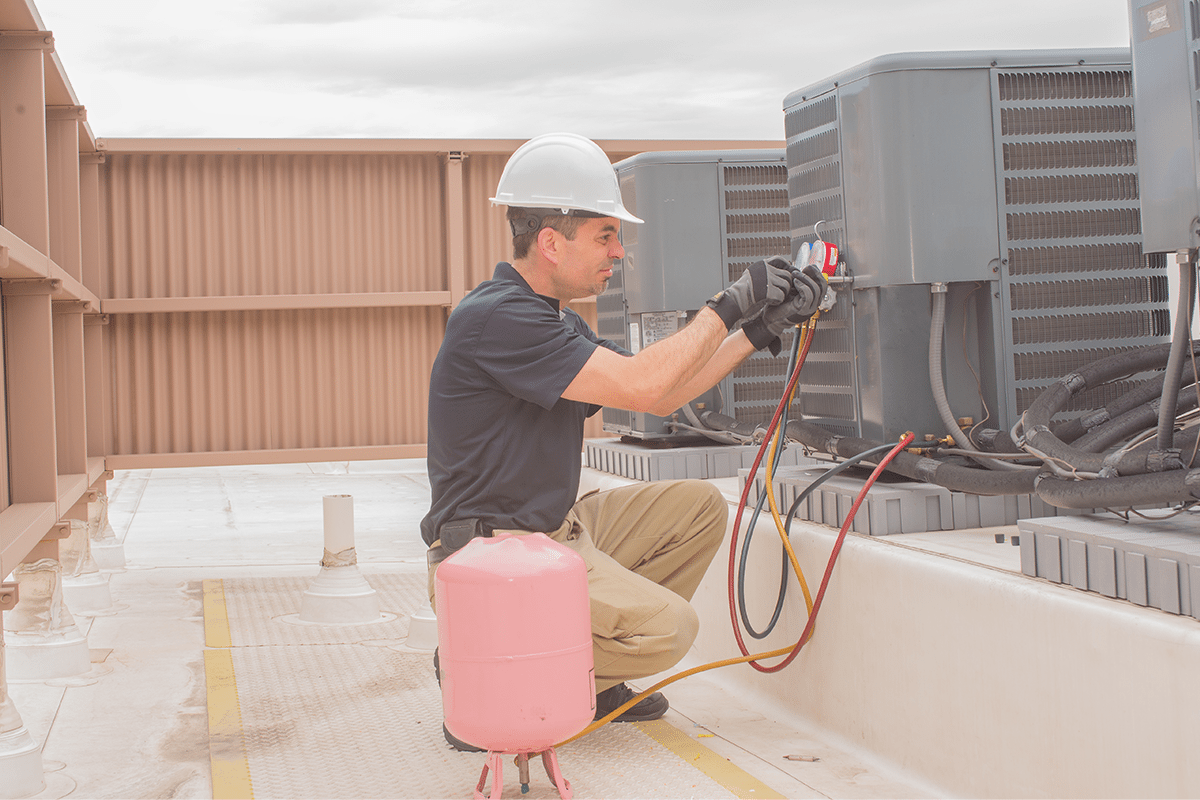






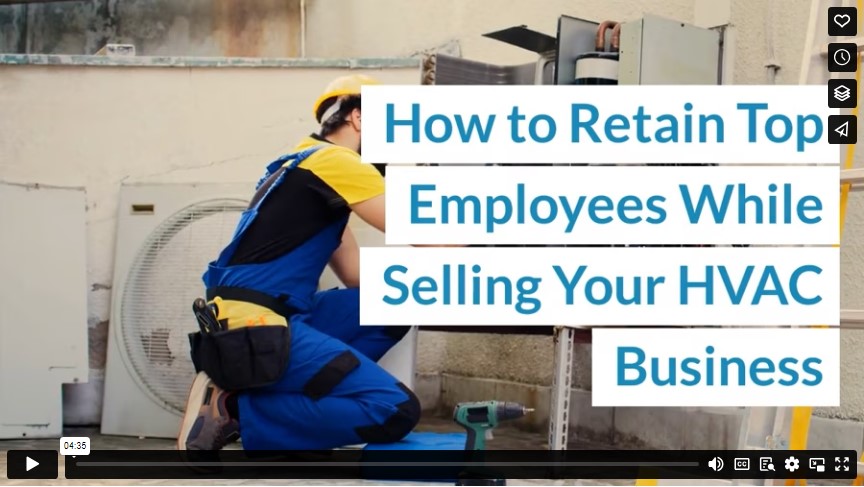

-1920w.png)
